I was invited on Question Time this week, which gave me a few sleepless nights. Natalie Bennett’s disastrous interview on LBC was a reminder that appearing on a current affairs programme in this febrile pre-election environment can be a bit of a minefield. Admittedly, I’m not the leader of a political party but that’s no guarantee I won’t make a fool of myself — a moment that will be preserved for ever on YouTube. There are no opportunities for glory on Question Time, but plenty for embarrassment. The most you can hope for is to get through the experience in one piece. By now you may well have seen what happened — but I am writing this on Tuesday evening, full of nerves.
My biggest fear is that someone might ask a ‘funny’ question. The second time I appeared on the programme in 2005 the final question of the evening was, ‘If the party leaders were animals, what animals would they be?’ David Dimbleby immediately turned to me and said, ‘Toby, you’re a witty fellow, how would you answer that one?’ I was completely stumped. Couldn’t think of anything remotely funny. I experienced what the leader of the Greens called ‘brain fade’. It was four years before I was asked back.
This will be my fifth appearance and, as before, I’ve done a fair amount of mugging up. It’s a bit like revising for an exam. You have no way of knowing exactly what questions will come up — the audience submit them on the night and the producers don’t give you any warning — but if you’ve been watching the news you can predict with some accuracy.
I’m reasonably sure someone will ask a question about the child sex abuse scandals in Rotherham and Oxfordshire and the Prime Minister’s proposals to make it a criminal offence for those in authority to wilfully neglect those at risk. I also think it’s likely that the issue of the radicalisation of young Muslims will come up, possibly in the form of a question about whether hate preachers should be banned from speaking at British universities.
One tip that veterans of the show have given me in the past is to familiarise yourself with the local issues. This particular edition of Question Time is being broadcast from Glasgow and I’m the only non-Scot on the panel, so at least half the questions are likely to be about Scotland. My guess is that we’ll get asked about at least one of the following three issues: the impact the coalition’s deficit-reduction programme has had on the Scottish economy, the possibility of a post-election pact between Labour and the SNP, and the desirability or otherwise of renewing Trident.
I’ve often heard conservatives complain that the BBC packs the audience with lefties so they’ll jeer and hiss whenever the Tory on the panel uses a stock phrase like ‘long-term economic plan’. Not true. The makers of the programme bend over backwards to try to ensure the audience contains a broad cross-section of political views. By definition, a majority of them won’t be Conservative voters, so in all likelihood I’ll be given a hard time. But that’s the country’s anti-Tory bias, not the BBC’s.
It will be interesting to see how well represented ‘Yes’ voters are in the audience and what formula the BBC uses when deciding how many to admit. Fifty-three per cent of Glaswegians voted in favour of independence last year, but since most of them are intending to vote SNP in the forthcoming election, it wouldn’t be fair on the other parties if they made up the majority.
Having said that, lots of SNP activists are deeply suspicious of what they perceive to be the BBC’s anti-independence bias, so they may well use subterfuge to smuggle their way in. On Monday a Twitter account calling itself ‘Scotland for independence’ tweeted a link to the website inviting people to sign up to be in the audience, accompanied by the following advice: ‘I recommend pretending you’re a red, blue or yellow Tory so you can be hand-picked by the British Biased Corporation.’
I’m probably overthinking this. I’m one of six panellists and if you allow for the fact that about a quarter of the time will be taken up by David Dimbleby interacting with members of the audience (usually the best bits), that leaves each panellist with seven and a half minutes of air time. It’s an awfully long way to go and an awful lot of preparation for just seven and a half minutes. But I’m too vain to say no. I just hope I don’t step on a landmine.
Got something to add? Join the discussion and comment below.
Get 10 issues for just $10
Subscribe to The Spectator Australia today for the next 10 magazine issues, plus full online access, for just $10.
Toby Young is associate editor of The Spectator.
You might disagree with half of it, but you’ll enjoy reading all of it. Try your first month for free, then just $2 a week for the remainder of your first year.


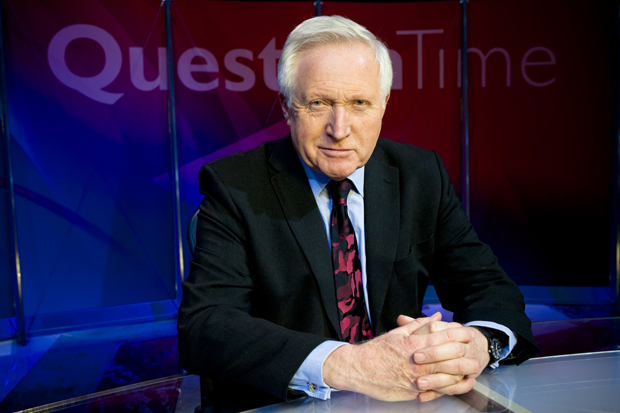


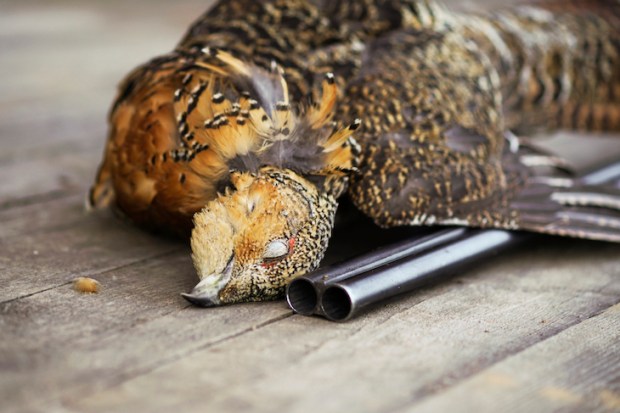
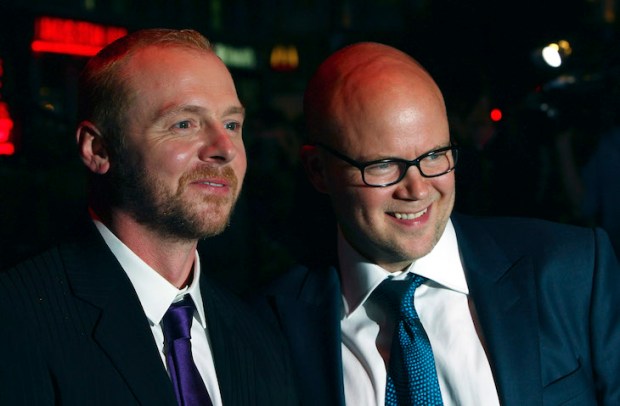
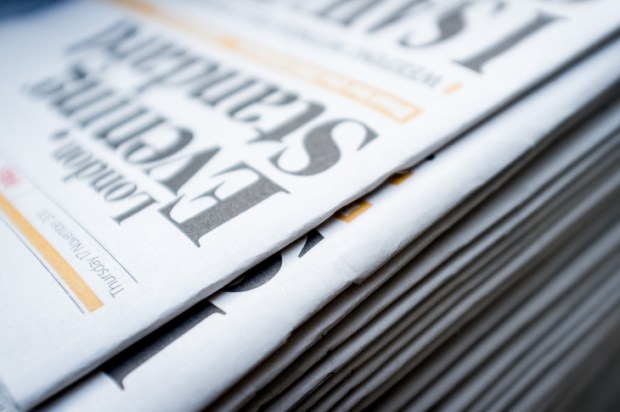
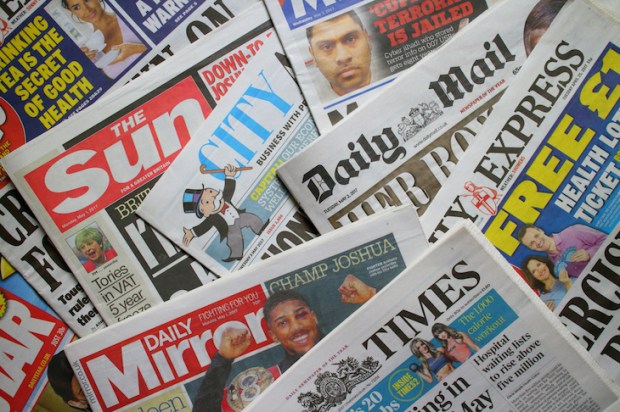






Comments
Don't miss out
Join the conversation with other Spectator Australia readers. Subscribe to leave a comment.
SUBSCRIBEAlready a subscriber? Log in